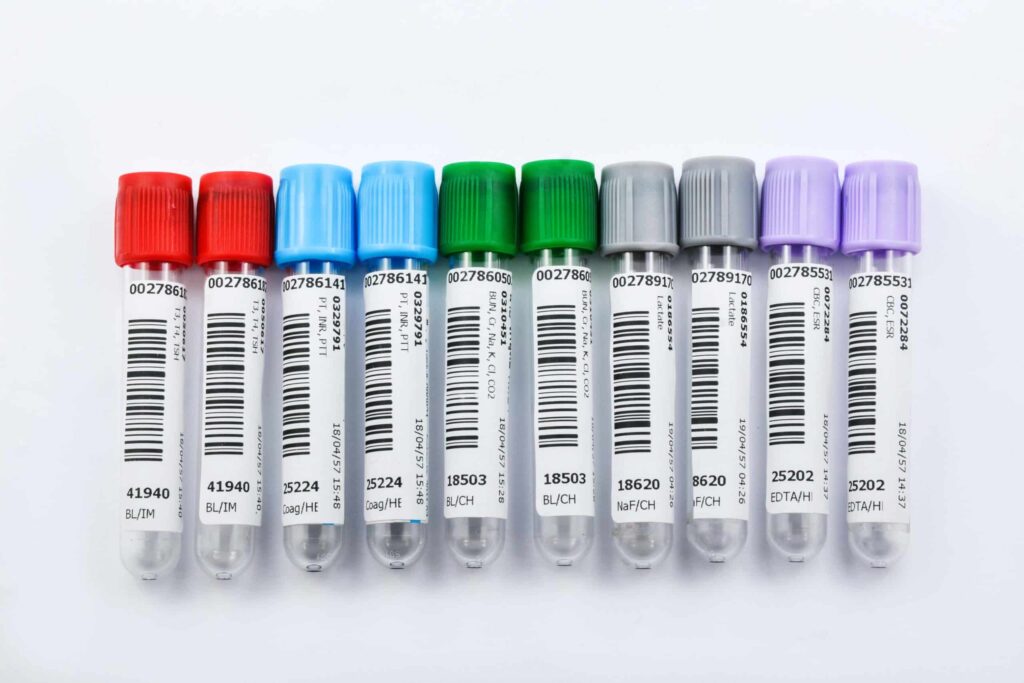Pharmaceutical companies all over the world outsource some or all elements of their clinical trials in order to better manage resources, improve efficiency and save their clinical development budget. However, with those budgets being squeezed ever tighter, whilst clinical outsourcing has many advantages, there are potential pitfalls if you choose the wrong Contract Research Organisation (CRO) for your clinical development program.
What is clinical outsourcing?
Rather than trying to manage everything in house, most small to mid-size biotech and pharmaceutical organisations typically choose clinical outsourcing to meet their development needs. Depending on their development strategy, their requirements can range from full service provision – such as that offered by a clinical research organisation who provides clinical trial management services – or for standalone capabilities such as Investigational Medicinal Product (IMP) management or central labs.
Advantages of clinical outsourcing
Outsourcing clinical trials has many advantages that make it an attractive option for pharmaceutical companies.
Expertise
The regulatory submission dossier for a new pharmaceutical includes many specialist elements that require a specific expertise. Maintaining the right resources in-house for every element can be challenging, especially within small to mid-size organisations. This can lead to an increased exposure to risks. Conducting clinical trials requires specialist expertise, facilities and a deep knowledge and understanding of the tight regulations.
This is where outsourcing to a clinical research organisation can be helpful. By working with a trustworthy, well established CRO, you’ll be working with experts who’ve had lots of experience with clinical trial project management, and the specific clinical service you require. Scenarios that you are perhaps encountering for the first time will be more commonplace to the scientists within the organisation, and they will be well placed to provide advice.
Competitive advantage
Entrusting your development needs to the right CRO can give you access to top experts in the industry, which you may not otherwise have. Such access can be invaluable, especially in the pharmaceutical industry when it can give you an advantage over your competitors who might not have the same level of expertise available.
Cost savings
Perhaps one of the biggest advantages of clinical outsourcing is its cost-effectiveness. Rather than hiring a full time, in-house team to conduct your clinical trials, you’ll instead only be paying for the services and expertise that you need, when you need them. It’s worth noting however, that such cost-savings can only be realised if your trial protocols are tailored to your specific needs. A reputable CRO will design your study with only the elements that are required for your submission and it will not include expensive, unnecessary extras.
Time savings
Outsourcing to a company that are specialists in the clinical trial process, means you can have confidence that they will work more productively and efficiently. Your trial may be co-ordinated by a team of individual experts, but you will most likely have a single point of contact, making for a more streamlined process overall, with fewer meetings and emails for you to keep track of.
Immediate understanding of cost
Your CRO partner will provide you with an estimated final cost before the programme is awarded. They should also be able to provide estimates for any additional elements that may be required, should they arise in the future.
Knowing how much the project will cost can also be helpful when you’re looking at sourcing investors. It is common practice to request ballpark costs from CROs in these situations.
Fewer staff complications
Outsourcing work to a CRO can mean your programme is less impacted by staff issues.
This can be especially important when hard deadlines need to be met and unforeseen events, such as staff absences, can throw the project off course.
Disadvantages of clinical outsourcing
Whilst there are lots of advantages when clinical outsourcing, it’s important to understand the potential drawbacks that can occur if you choose a CRO that isn’t best suited to your needs:
Lack of control
When you’re outsourcing your program, you’re trusting a company which you may have never worked with before, to complete the process effectively and efficiently.
It can be daunting to hand over control, but your CRO should be accommodating by being agile and flexible to work around your company’s values and needs.
A good CRO will make you feel involved and integrated with the process, so you always have a good understanding of what’s taking place on the project.
Governance meetings can also be an effective way to keep the lines of communication open and ensure that everyone feels confident and reassured of the progress being made.
A reputable and established CRO, such as Simbec-Orion, with a portfolio of successful projects will already have this infrastructure in place to support your study or program.
Communication
Using an external company can sometimes mean it’s harder to communicate than if the process was completely internal.
If your CRO partner doesn’t value your input and communication, it can lead to delays in service and misunderstanding about certain tasks.
It’s important to have a good communication process in place so that both parties are aware of the work being carried out on the project. As noted above, regular Governance meetings can play a vital role here.
Deadlines and completion dates should be discussed and agreed upfront to ensure both parties can keep on top of the tasks that need to be completed.
Most experienced CROs value effective communication very highly, but you can look for this in early communication when you submit an RFI and discuss your clinical outsourcing requirements.
Confidentiality and security
As part of the outsourcing process it’s necessary for you to share confidential information to your partner CRO, with the inherent risk that this information may be compromised. In addition, within the clinical environment, medical records and trial data will be shared.
By choosing an established, reputable CRO partner when outsourcing for clinical trials, you can be confident that they will take all the necessary precautions to keep all of your clinical trial data secure.
Conclusion
Clinical outsourcing can be a very cost-efficient way to gather the resources and experts needed to successfully carry out a clinical trial or programme. If done correctly, outsourcing should free up time, so your company can focus on its own core tasks and processes.
Whilst clinical outsourcing has the potential to offer many benefits to your company, there are a few pitfalls to be wary of when selecting your provider. These can be avoided by choosing a CRO that’s flexible to your specific business requirements.
At Simbec-Orion, we are a full-service agile CRO that caters to a full range of clinical needs. Click here for more information on our outsourcing CRO services.





